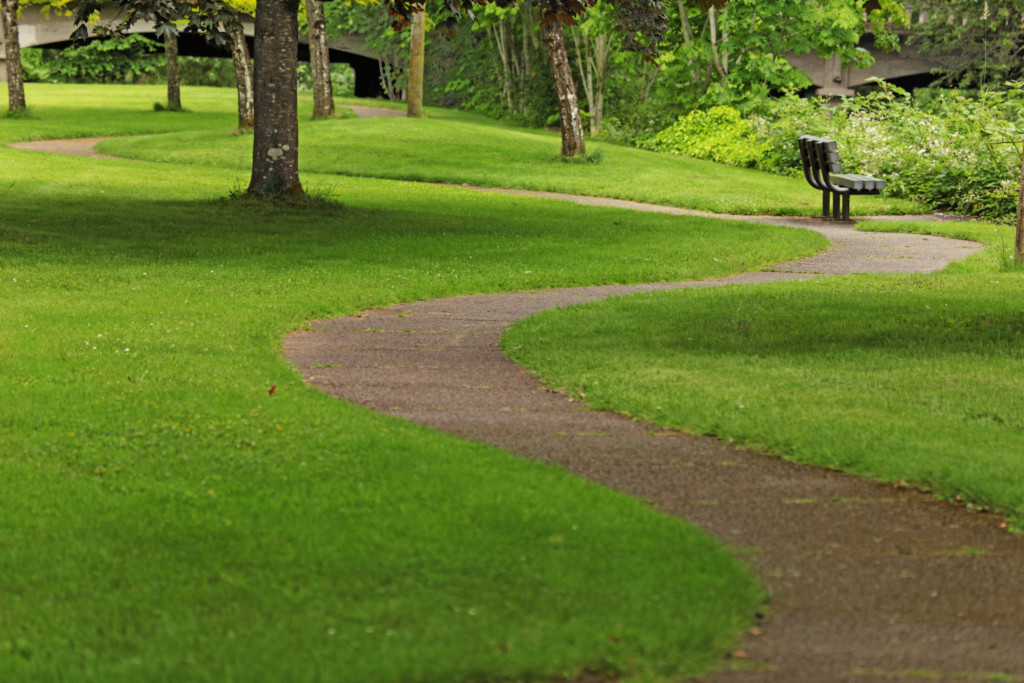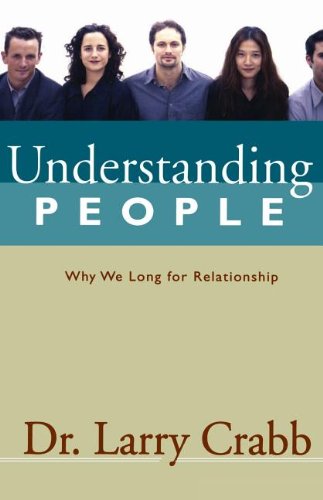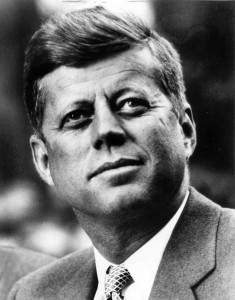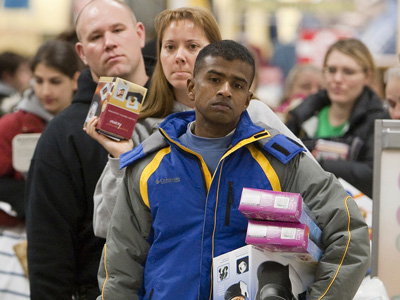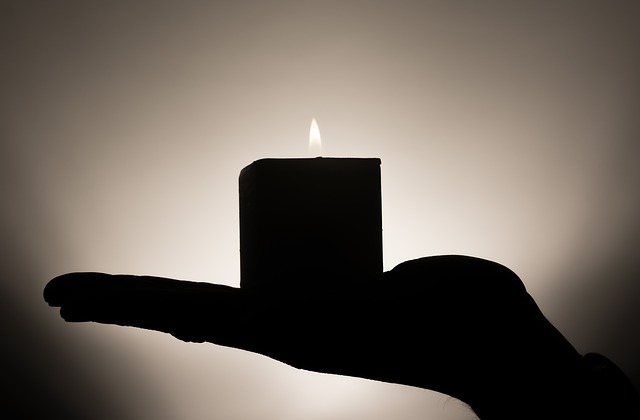 For those of you who bought today’s Sunday Age, the article below appeared in the Faith column.
For those of you who bought today’s Sunday Age, the article below appeared in the Faith column.
Something I should have said in the article was that meditation is not something I have done much of at all in the last couple of months. I let the busyness of life take over and then get out of the habit. What I need to do is take my own advice from this article!
Meditation and mindfulness have enjoyed a surge of popularity in recent years. In January, Time Magazine ran a cover story on the benefits of being still in our constantly wired culture. Soon afterwards, The Huffington Post said that 2014 would be the “year of mindful living.”
More and more people are tuning in to the benefits of taking time to be still in a world that is always on the go.
As a writer I find that creativity and inspiration come a lot easier when my mind is not racing. I need to make time for stillness and to block out the distractions of the day.
The Psalms in the Old Testament talk a lot about meditation. These were people who knew what it was to see themselves and their lives in perspective. Check out this from Psalm 8:
When I look at the night sky and see the work of your fingers, the moon and the stars you set in place, what are mere mortals that you should think about them, human beings that you should care for them?
This Psalm goes on to say that despite this, God has made us with the utmost dignity and respect. That’s another benefit of meditation. It helps us see ourselves rightly – made by a God who is infinitely greater than we are, but loved in equally infinite measure by that same God.
The Scriptures are full of examples of meditation. David, who wrote many of the Psalms, talks about being still; Jesus spent whole nights in prayer; and St Paul encourages us to “pray without ceasing” (prayer can also be a form of meditation).
Meditation can take many other forms too. Personally, I like to focus on my breathing; it helps me to block out the distractions in my mind and in the space around me. As a believer, I also like to repeat a favourite Scripture verse to myself. Alternatively, a meditation practitioner I know likes to say that meditation can be nothing more than sitting there doing nothing!
Research shows conclusively that people who meditate are more relaxed and energised in their relationships with the people around them. The latest scientific research affirms this, showing that the brain actually rewires itself the more we meditate.
Meditation never promises to make our lives better, but I have found that it does help me to deal better with life on life’s terms. Starting with just five minutes per day was all I needed.
More and more people are realising that a life of constant materialistic pursuit leaves us empty. I am slowly learning that meditating on a loving Power greater than me is the key to a life of contentment.
 If 85% of the world’s population has a religious underpinning to their lives, why are secular countries happier, according to the latest studies?
If 85% of the world’s population has a religious underpinning to their lives, why are secular countries happier, according to the latest studies?
